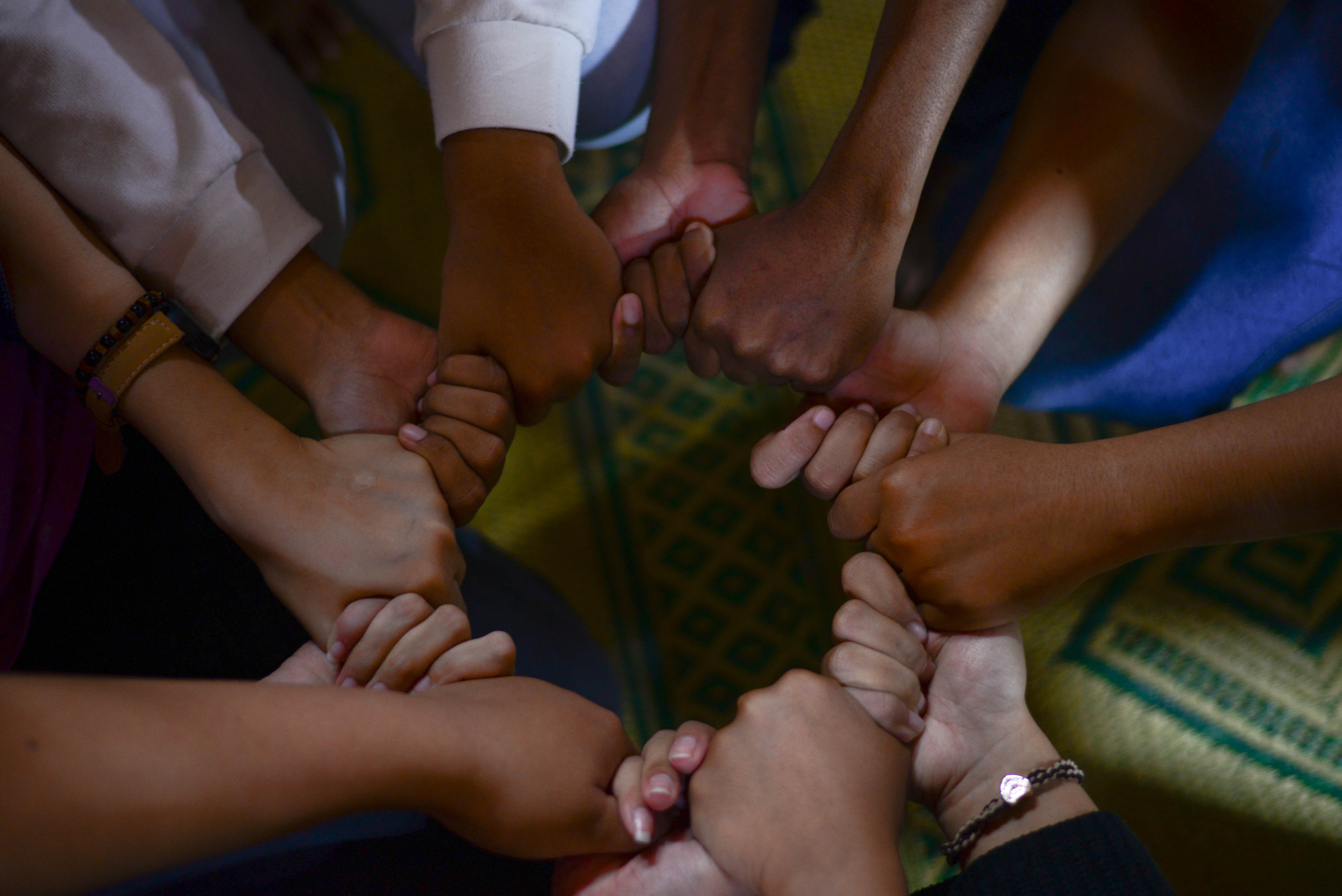The world is in need of “universal individuals” who can think globally. A universal individual pledges their allegiance to the whole world family. Already there are multitudes who work to advance their own selfish interests regardless of the negative consequences of their actions. The world needs individuals who are committed to prevent injustice, exploitation and inequality of opportunities for all. Such individuals are committed to protect the rights and support the development of all human beings irrespective of their race, religion, caste or political affiliation. Such “universal individuals” have the ability to see beyond the artificial classifications which separate people from one another.
A Common Bond
The differences between ideologies, cultures and traditions doesn’t overshadow the awareness of the common bond shared by the whole world family. Such individuals comprehend the indissoluble link which exists between their individual progress and the progress of their society, the nation and the world. Only such people are capable of inspiring a lasting transformation in the dangerous fragmented clash of cultures evident in the world today.
Based on Ignorance
The conflicts, dissensions and disharmony prevalent in the world are all based on ignorance. In the state of ignorance, the awareness of differences predominates, overshadowing the awareness of the inherent underlying unity of life. By focusing on the differences, the mind with narrow vision, erects artificial barriers between people. These barriers actually divide life from itself. Such an over-emphasis on differences is caused by deeply rooted stresses in the collective consciousness of a nation.
Vision of a Higher Truth
When the mind of the individuals in a society evolve and expand beyond boundaries, and the collective consciousness of a nation is purified, the limitations of vision are replaced by the vision of a higher truth, the truth of universal love and service, an awareness of the common thread of life which interconnects all living beings everywhere.


